For revolutionising education through its project-based learning model, equipping students with critical thinking, creativity, and 21st century problem-solving skills needed to thrive in a rapidly changing world, KEY (Keep Educating Yourself) Academy, an independent primary and secondary school in Lagos, has been named a Top 10 finalist for the World’s Best School Prize for Innovation.
The five World’s Best School Prizes was founded by T4 Education in the wake of COVID-19 pandemic to share the best practices of schools changing lives in their classrooms and far beyond their walls.
Winners of the five World’s Best School Prizes – for Community Collaboration, Environmental Action, Innovation, Overcoming Adversity, and Supporting Healthy Lives, will be chosen by an expert judging academy based on rigorous criteria.
In addition, all 50 finalist schools across the five prizes will also take part in a public vote, which opened yesterday, to determine the winner of the Community Choice Award. All six winners will be announced in October.
The winners and finalists of these global schools prizes will be invited to the World Schools Summit in Abu Dhabi, United Arab Emirates (UAE), billed to hold between November 15 and 16, where they will share their best practices, unique expertise and experience with policymakers and leading figures in global education.
Founder of T4 Education and the World’s Best School Prizes, Vikas Pota, said “In a world being turned upside down by Artificial Intelligence (AI), as technology reshapes the way we learn and renders jobs that have existed for centuries obsolete, amid growing challenges of climate change, conflict, poverty and populism, the world our young people are entering has never felt more precarious. And a good education, with humans at its heart, has never been more important.”
Pota noted that schools like KEY Academy, have come up with innovations and expertise that give hope for a better future.
“Leaders and schools around the world have so much to learn from this inspirational Nigerian institution,” Pota added.
Driven by the belief that simply getting children into classrooms won’t solve the problem, but rather the fundamental way they learn must change, Key Academy has refined a structured PBL framework, adapted to suit Nigeria’s culture and context.
To make education accessible and transformative, a balance between creative exploration and academic rigour drives the approach. Teachers, acting as facilitators guide students through inquiry-driven projects rather than delivering one-way instruction, and learners take part in projects and collaborate with professionals across varied fields to solve real-world challenges.
Parents are part of the process to support learners through workshops, open classrooms, and student showcases where they see the model’s impact first-hand.
Through their model, 95 per cent of students demonstrate higher-order thinking skills like critical thinking, creativity, and problem-solving, while 85 per cent show increased confidence in public speaking, collaboration, and leadership.
Share this post
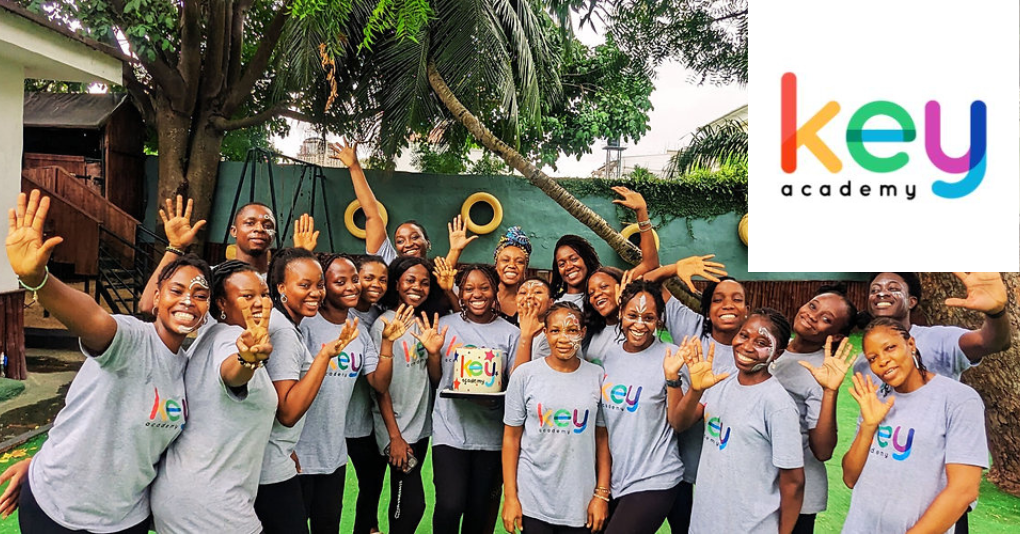
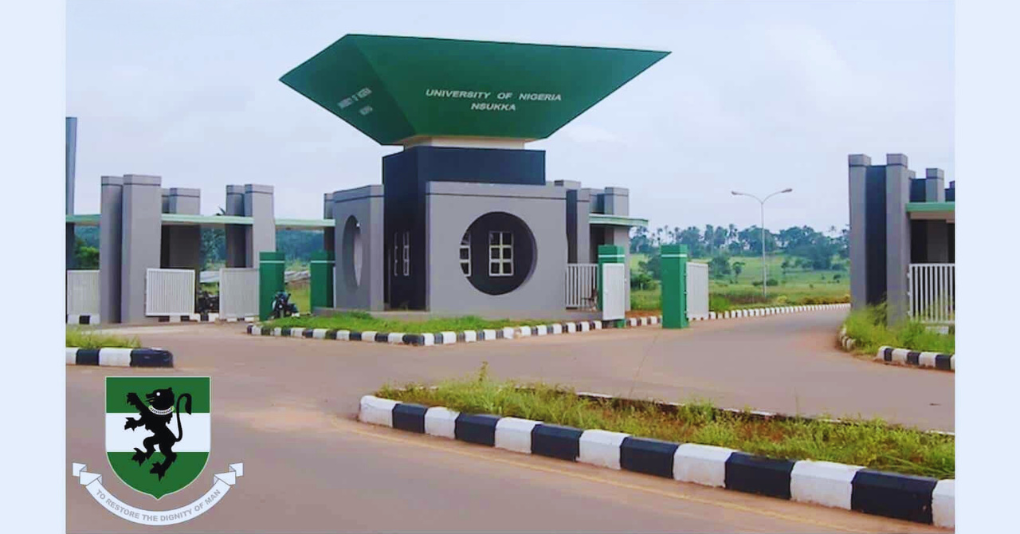
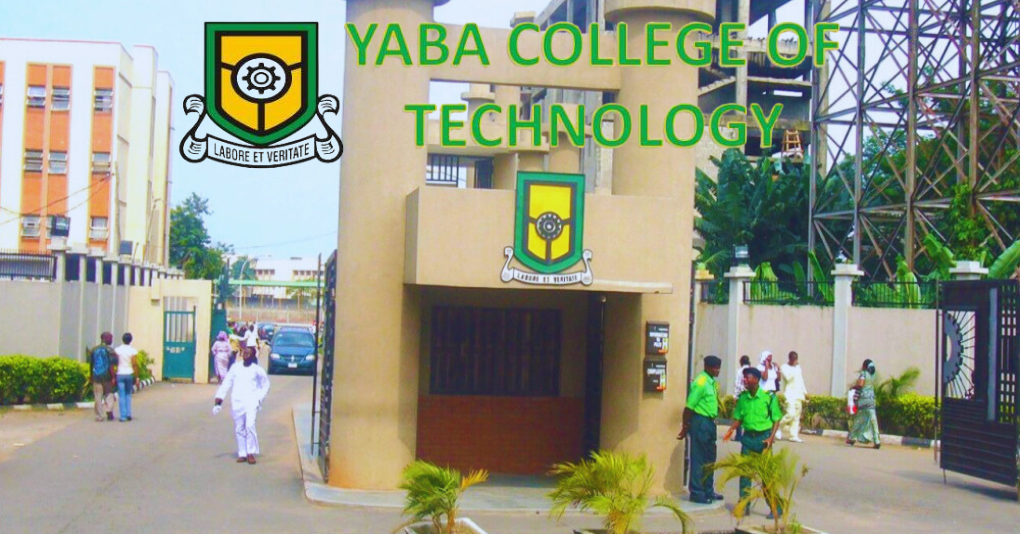
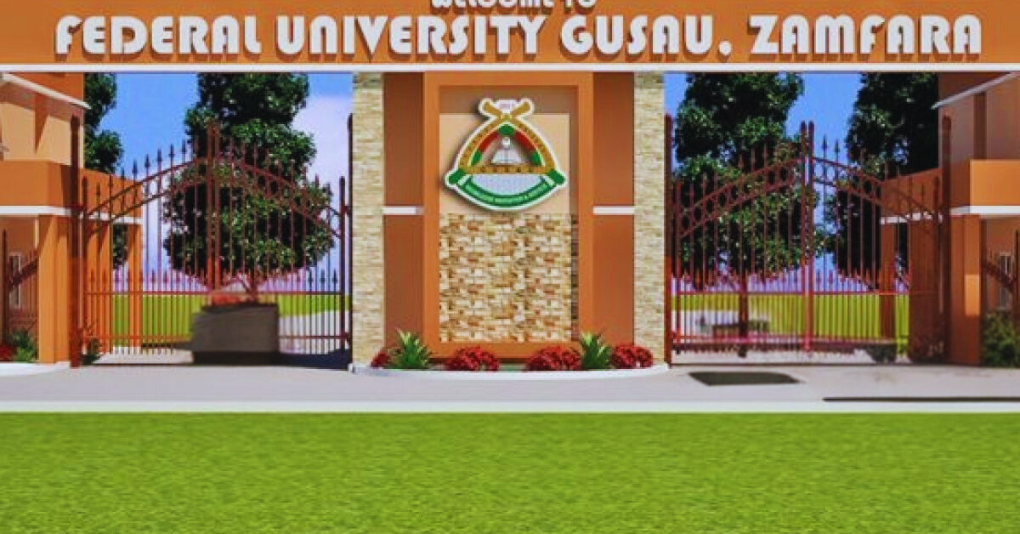
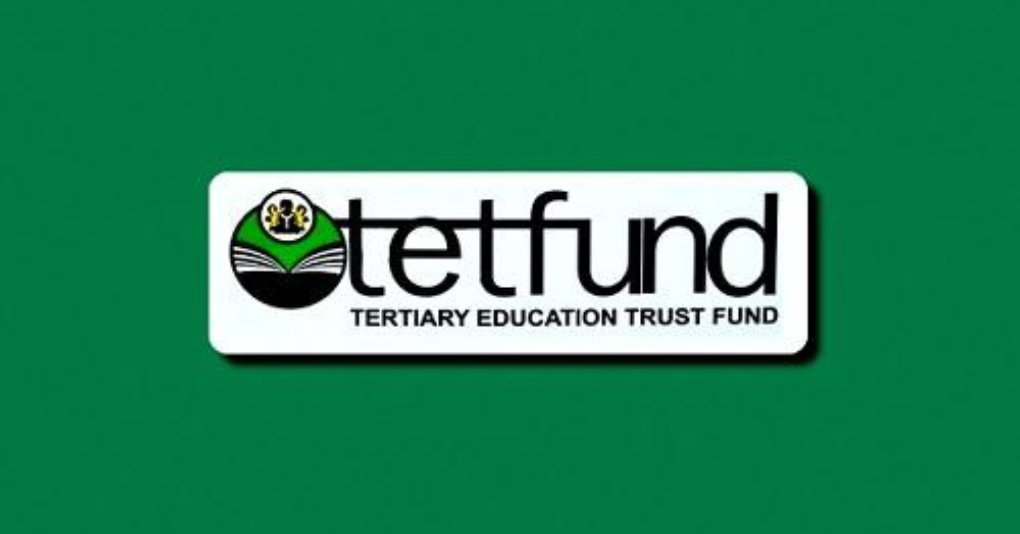
Be the first to comment on this post